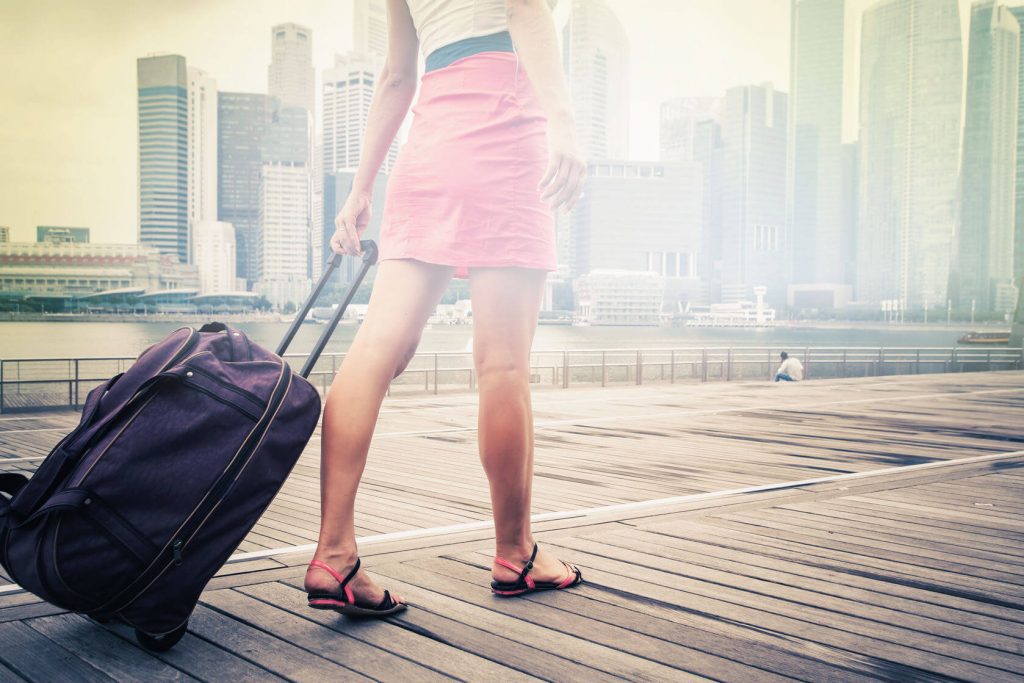
The little island with a big impact
Of all the cities in Asia, Singapore is widely known as the most efficient of them all. It may be small, but it certainly makes up for it in a myriad of ways. So small in fact that visiting a friend on the other side of the country would take about 45 minutes.
But that hasn’t stopped people the world over from flocking to Singapore to make it their new home. The country is multicultural and historic, but with an innovative edge that has put it on the map as one of the world’s most prosperous countries.
So how does one go about becoming an expatriate in Singapore?
Where to settle down
Sentosa
There are plenty of neighbourhoods to choose from to suit the kind of lifestyle you enjoy in Singapore. If you have a generous relocation package, head to Sentosa. It’s known as Singapore’s “resort island” with condominiums and landed homes that face the sea.
If quiet spaces and a view of the beach sound like your kind of thing, then Sentosa Island is the perfect spot for you to set up a home. Locals have been known to say that the community here has a real neighbourhood feel. Many expats prefer the neighbourhood vibe in comparison to individual housing as it is a great opportunity for newcomers to meet other expats and become part of a little community.
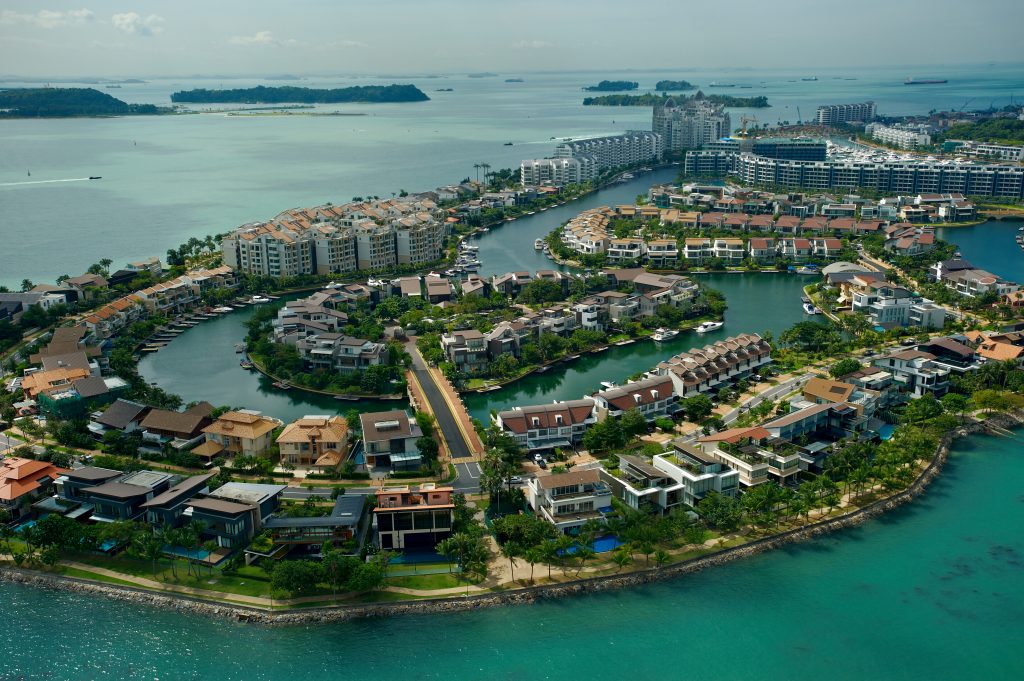
Bukit Timah
Another favourite spot for expats would be Bukit Timah. Located just minutes away from the Central Business District (CBD), the district features Singapore’s finest international schools making it ideal for families.
One of the main reasons wealthier expatriates choose to call this home is that it’s one of the densest clusters of private housing on the mainland. Bukit Timah is also perfect for nature lovers since it has lots of green spaces like Botanic Gardens, Bukit Timah Nature Reserve, and Watten Estate Playground that kids would certainly love.
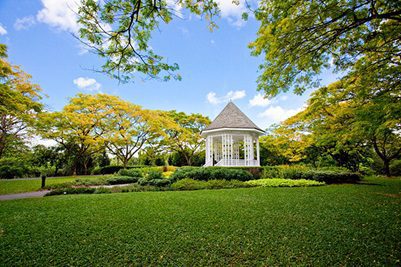
Whampoa
Whampoa is located near Novena which is convenient for expats to travel to work. In Whampoa, you’ll find many facilities such as wet markets and hawker centres. There are many food options available, so you won’t have to worry about not having enough to eat.
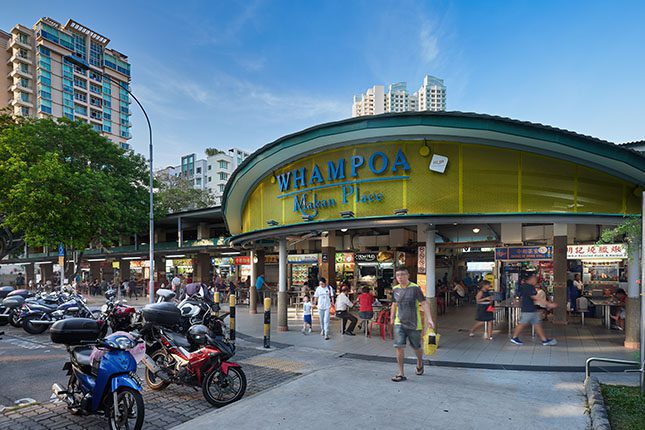
Marine Parade
One of the main attractions at the Marine Parade is East Coast Park. East Coast Park is a very popular spot for people who enjoy relaxing and doing recreational activities like fishing, cycling and rollerblading on the weekends. Marine Parade is also preferred by expats because it is near the city.

Getting around
Purchasing or importing a car to Singapore is not cheap. The government has implemented many measures to manage car ownership and usage in the hope that traffic congestion and pollution will be cut down. Most expats find they can get by without their own car thanks to efficient public transportation.
The Mass Rapid Transit (MRT) subway system is the easiest, quickest and most comfortable way to get around. The system operates from 5.30 am to midnight, with trains at peak times running every two to three minutes. Alternatively, you can always opt to use the bus system which has an extensive network of routes covering most places in Singapore. Not only is it an economical way to get around, it’s also the most scenic.
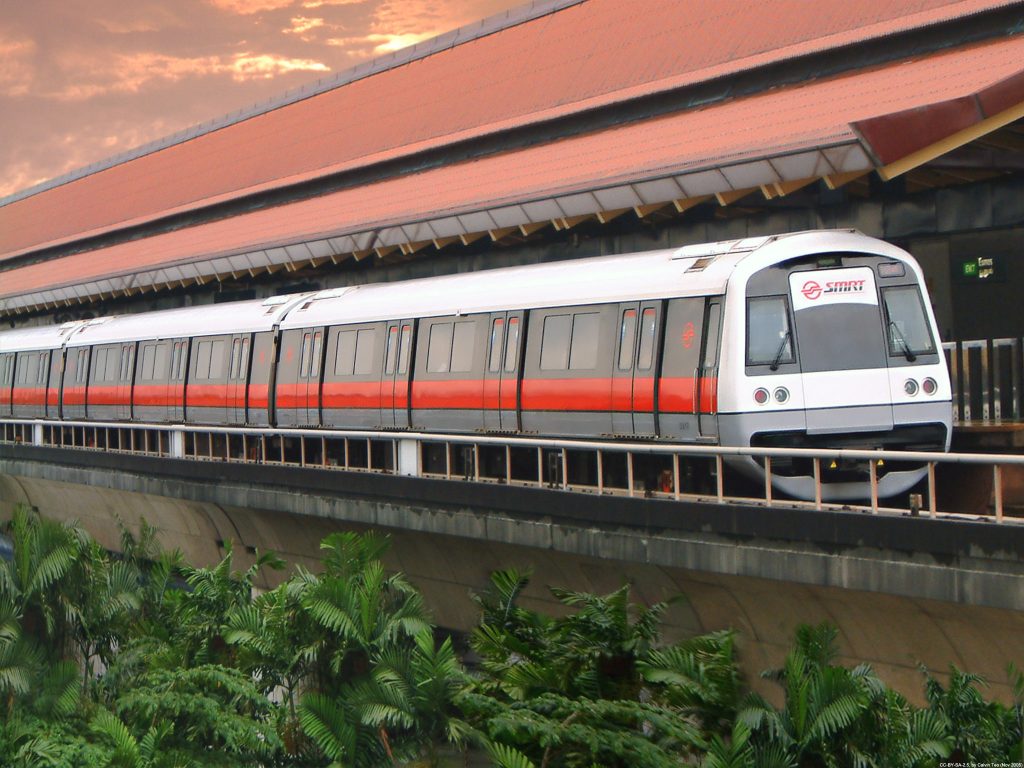
A taste of the tropics
One of the first things expats notice almost immediately when landing in Singapore is the heat. It can be tough for foreigners who are used to a continental or temperate climate to adjust to the humidity of a tropical climate.
Since Singapore lies almost directly on the equator, it does not have the usual four seasons, but a tropical climate almost throughout the year. There are, however, two monsoon seasons, which last from June to September and from December to March. The best way to deal with the high humidity levels is to wear loose-fitting clothes made of natural fibres or light cotton.

Safe and sound
Singapore is considered to be a very safe country with low crime rates and a zero-tolerance policy when it comes to drugs. The main reason why crime rates in Singapore are generally very low is due to the severe penalties that are handed out for crimes that may seem petty to people from other parts of the world.
Many things expats from other areas of the globe would not think twice about, such as littering, jaywalking, eating while taking public transportation, or smoking at an outdoor bus stop may incur astonishingly high fines.
Making the big move
When moving your household items, you need to be aware of the Customs regulations for various categories of goods. A person changing residence from abroad to Singapore may be granted relief from the Goods and Services Tax (GST) on used household articles and personal effects subject to certain conditions.
On your way to your new home, keep in mind that your things will need to cross over several borders and clear customs at a few different checkpoints. After settling down here, don’t hesitate to explore locations for your ideal neighbourhood. For all your moving needs, you can turn to TheLorry: a moving service that you can book within minutes.
In case you have an abundance of stuff to bring to Singapore, here’s how you can get started with self-storage.
Happy moving, and welcome to Singapore!




 SG
SG

Recent Comments